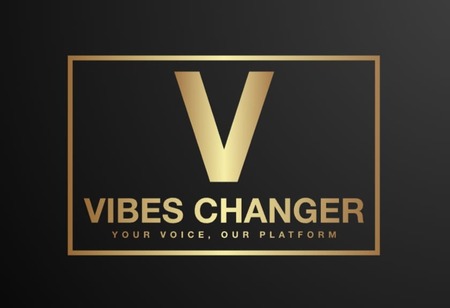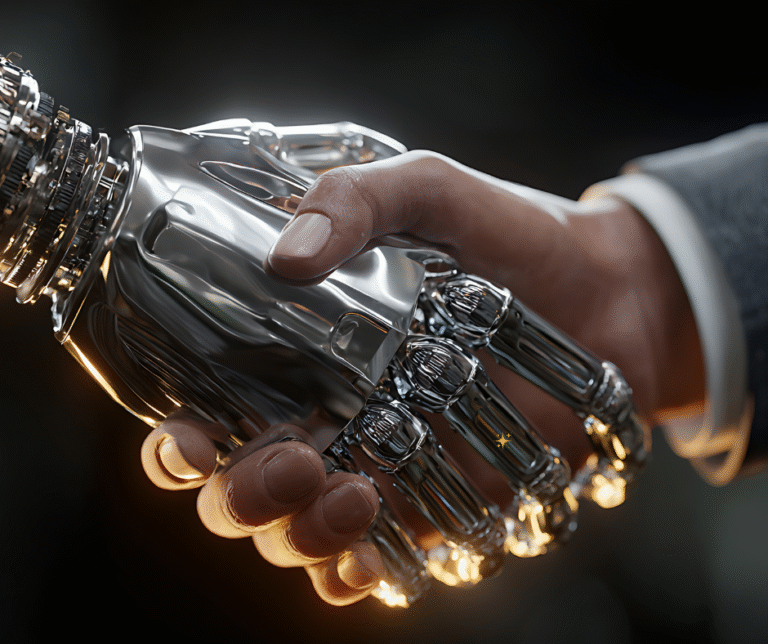Artificial Intelligence (AI) is no longer a concept reserved for science fiction or futuristic labs. It’s here, embedded in the tools we use every day—from voice assistants like Siri and Alexa to the recommendation engines behind Netflix and Spotify. As AI continues to evolve, it’s reshaping industries, revolutionizing workflows, and even influencing the way we make decisions.
What Is AI, Really?
At its core, AI refers to machines or software that can mimic human intelligence. This includes learning from data, recognizing patterns, solving problems, and making decisions with minimal human intervention. AI isn’t a single technology—it’s an umbrella term that covers everything from machine learning and natural language processing to robotics and computer vision.
Everyday Examples of AI
Chances are, you’ve already interacted with AI today without realizing it. If you’ve used Google Maps for traffic updates, unlocked your phone with facial recognition, or received a smart reply suggestion in your email app, you’ve benefited from AI in action.
Retailers use AI to predict buying habits, healthcare systems use it to help diagnose diseases, and financial institutions rely on it to detect fraud. These practical applications are just the tip of the iceberg.
AI in the Workplace
AI is transforming the workplace in profound ways. It automates repetitive tasks, allowing employees to focus on higher-value work. For example, in customer service, chatbots can handle basic inquiries 24/7, freeing human agents to solve more complex problems. In manufacturing, AI-poweredrobots can perform precision tasks that would be difficult or dangerous for humans.
But AI isn’t just about replacing jobs—it’s also creating new ones. Roles like AI ethicist, data annotator, and machine learning engineer didn’t exist a decade ago. As with any technological shift, adaptation is key.
The Ethical Side of AI
As powerful as AI is, it also raises important ethical questions. How do we ensure algorithms are fair and unbiased? What happens to privacy when machines can analyze vast amounts of personal data? Who’s responsible when an autonomous system makes a mistake?
These questions highlight the need for clear guidelines, transparency, and accountability in AIdevelopment. Many organizations and governments are now working to create ethical frameworks to guide how AI is used.
Looking Ahead
The future of AI is filled with potential. From self-driving cars to intelligent tutoring systems, we’re only beginning to see what’s possible. However, the goal shouldn’t be to let machines run the world, but to use AI as a tool that enhances human abilities and improves quality of life.
As AI continues to grow, one thing is clear: it’s not just about technology—it’s about people, too. The choices we make today in how we design and deploy AI will shape the world we live in tomorrow.
#ArtificialIntelligence
#AI
#MachineLearning
#FutureOfWork
#TechTrends


1 Comment
Pingback: Multimodal AI in 2025: A New Era of Intelligent Interaction - Vibes